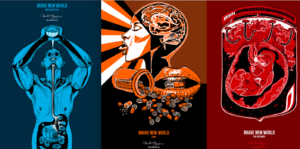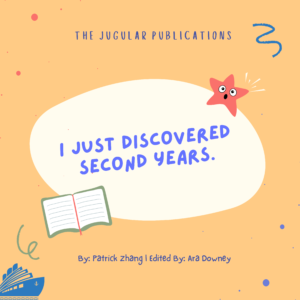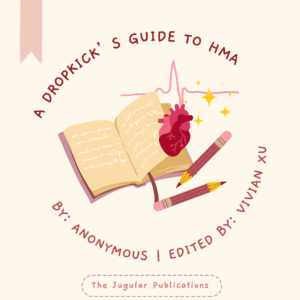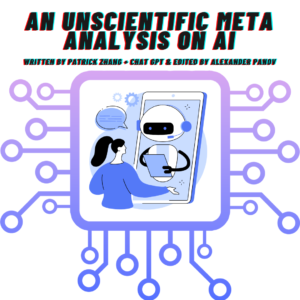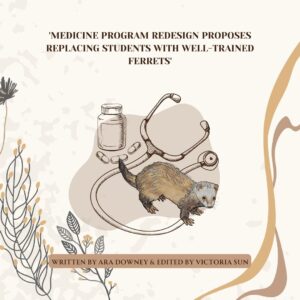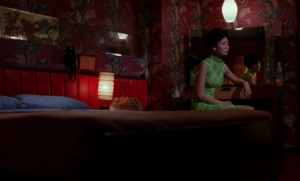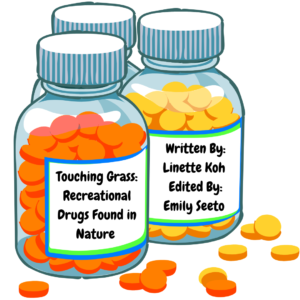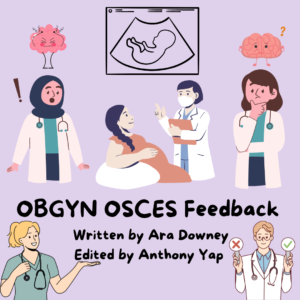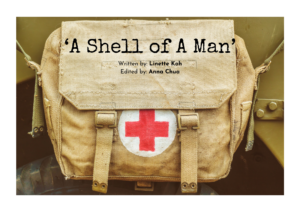
by RACHAEL HANLY & LUANA SAWMYNADEN
**Welcome to The Jugular’s new segment – The Weekly Petri: Get Cultured. We’ll be bringing you all the best med-related books, movies, poems, songs, paintings etc you never knew you needed. Science and the arts – it’s the perfect marriage.**
This weeks’s rec: A Face of Stone (1984) by William Carlos Williams
Medium: Short fiction
![]()

William Carlos Williams was a physician, practicing both general medicine and paediatrics while also pursuing a successful career as a poet and writer. In a A Face of Stone from his short story collection, The Doctor Stories (1984), Williams relates the story of a worn-down American doctor and his growing frustration with an immigrant couple and their persistent requests to examine their child.
The wife’s overprotectiveness and inability to comply with what he expects from an obedient patient combined with the doctor’s own shocking prejudices acknowledge something universal that many of us struggle to come to terms with – the fact that our own preconceptions can often be disturbing. Williams’ simple appeal to the reader’s basest emotions makes one almost sympathise with him – we, too, start to feel a slight annoyance at the wife’s stubbornness and her seemingly irrational distrust.
Williams has a clear cut, fresh narrative style that initially incites disgust, then rapidly draws out pity; the realistic simplicity of his prose and jarring rejection of traditional dialogue present the main character as an almost omnipotent figure, the lord of his domain, irritated by the seemingly trivial needs of two racially distant and socioeconomically disadvantaged people.
He begins with an unnecessarily detailed, subtly degrading observation of the young couple – “It was an animal distrust, not shyness.” This woman is not a human- she does not have the richness of character nor the intelligence for our doctor to consider her as an equal. This sets the scene for the doctor’s snowballing frustration, almost a justification for his brusque disdain.
 Looking further, however, something makes us stop and think. Are these people’s problems really so insignificant? Is a parent’s concern for their child something to be disregarded so cruelly? Oftentimes we get so caught up in our contempt for ignorance, stubbornness, unfamiliarity that we fail to recognise that others have their own past stories and reasons for acting the way they do.
Looking further, however, something makes us stop and think. Are these people’s problems really so insignificant? Is a parent’s concern for their child something to be disregarded so cruelly? Oftentimes we get so caught up in our contempt for ignorance, stubbornness, unfamiliarity that we fail to recognise that others have their own past stories and reasons for acting the way they do.
We discover a surprising piece of humanity in the final moments of the text – Williams’ simple style functions again to bring a heartbreaking understanding upon us, making readers really think about how they perceive the world and those around them. Though we often don’t want to admit it, our own thoughts can be discriminatory, invasive, warped.
This piece of writing is definitely not a life-changing experience, though it competently secures its place in the slice of life genre. On the surface it is a simple account of how dull and unchallenging a doctor’s everyday life can reveal itself to be. However, underlying this is the take-home message assumptions and vexations should never overrule a doctor’s quality of care. To put it simply, were the doctor in this story taking his OSCEs, he would have failed.
His impatience and complete lack of compassion somewhat allow us to address differences between the generations of doctors of the past and present – the transition from disease-centred to patient centred care. Hopefully, from stories like this, we can learn to have empathy for the patients we struggle most to understand.


